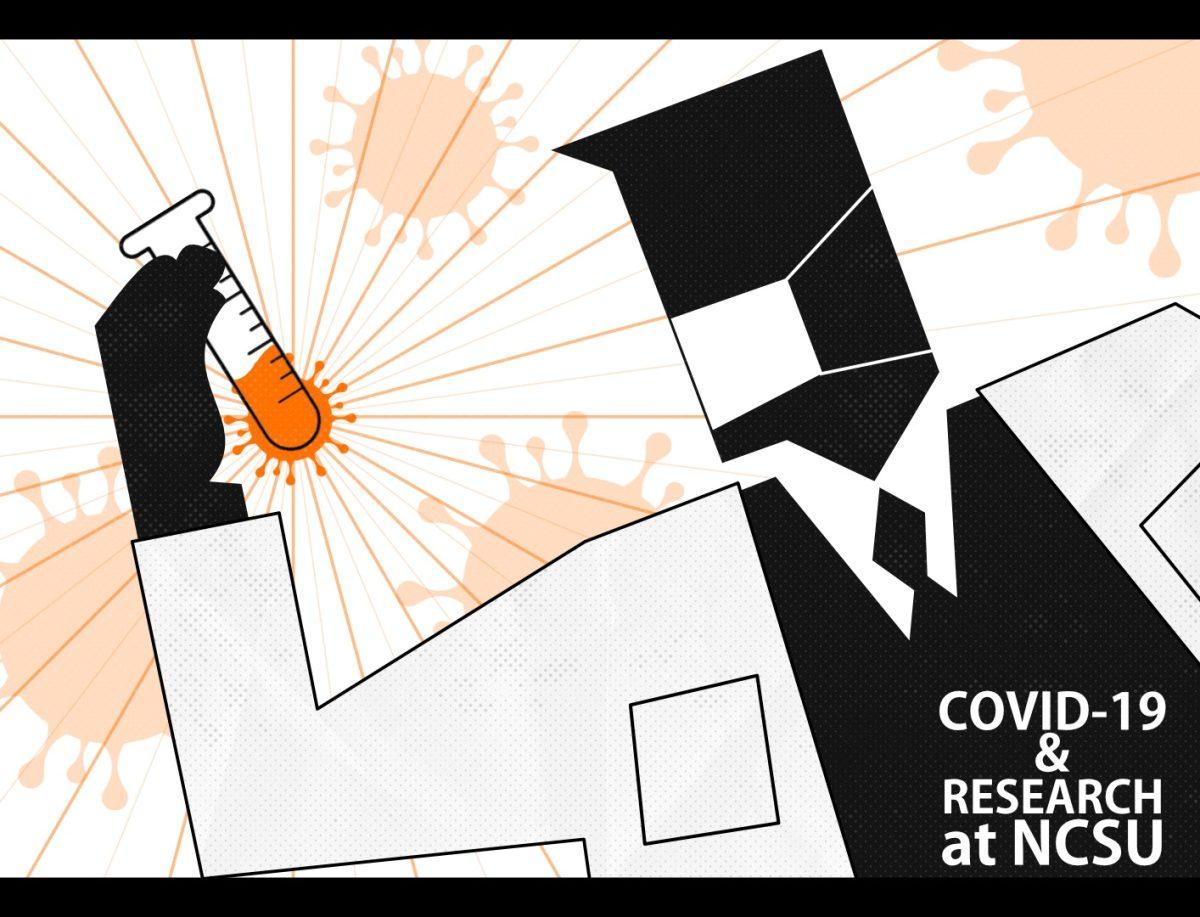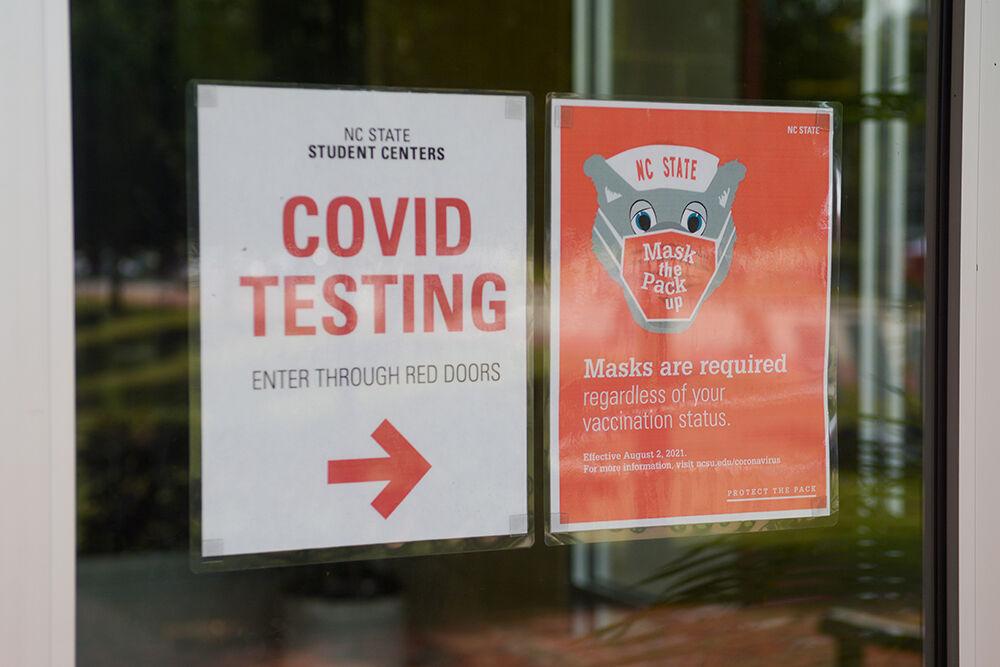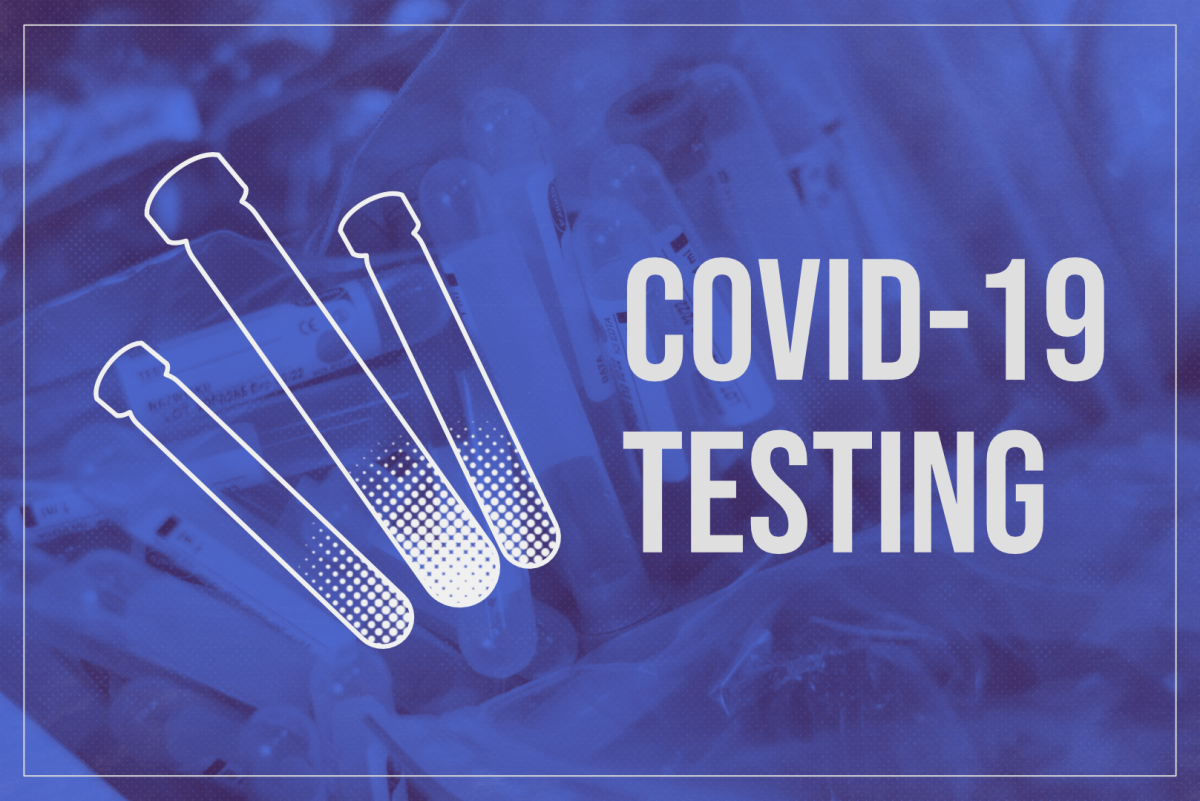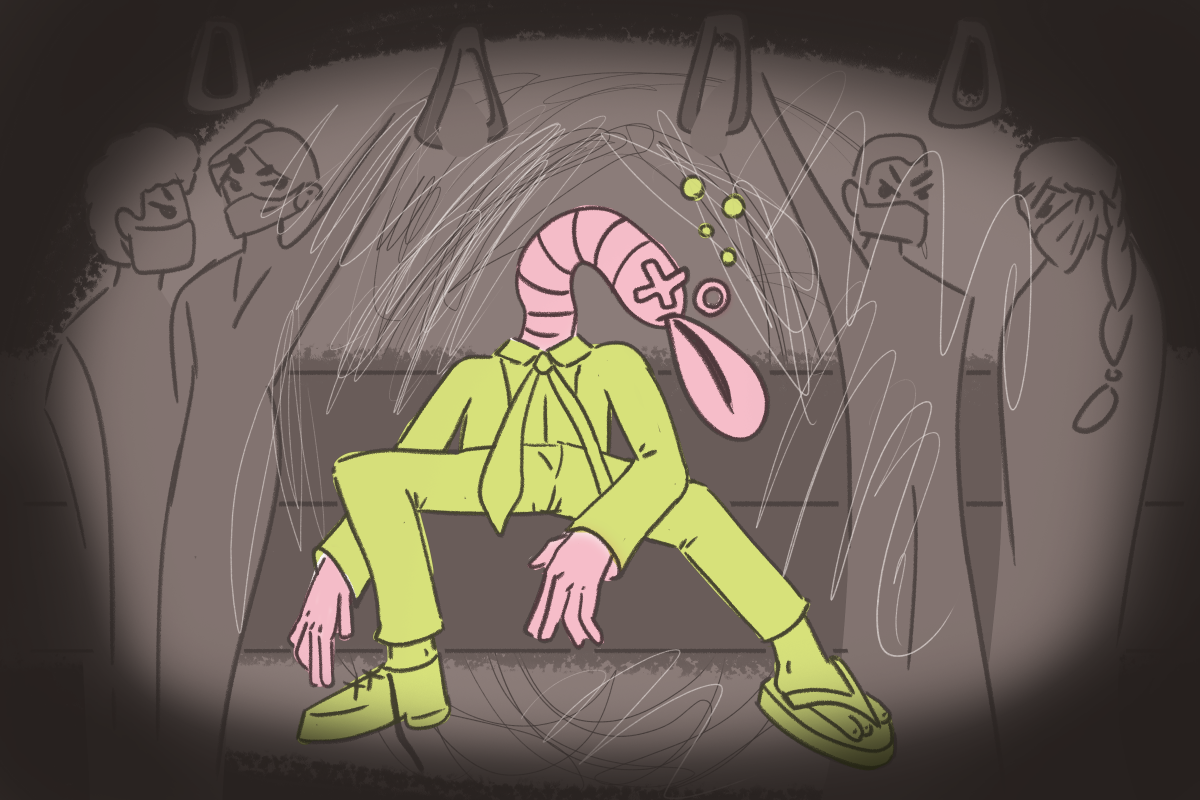Over the course of the pandemic and the development of different phases of returning to normalcy, research at NC State has continuously been adjusted and made to accommodate set guidelines in reducing the spread.
At the beginning of the pandemic, in March, the University halted or postponed many research projects.
Genevieve Garland, assistant vice chancellor for research operations and communications, said there is a process called the “critical research exception queue,” which allows the most important research projects to continue production.
As part of the critical research exception process, faculty submitted requests to continue their research through their colleges for initial approval before presenting them to the University review committee.
“The critical research exception process was focused on preserving the work of faculty, staff and students with minimal on-campus activity,” Garland said. “Critical projects were those that required care of animals, materials, plants or instrumentation. We also allowed exceptions for continued research in cases where it would be difficult to restart the work or if the project was related to COVID-19.”
For post-doctoral researchers planning to move to full-time work on research projects, there was not a clear answer as to whether they would receive extra time to continue with the projects.
According to NC State’s Research Continuity FAQ, the outcome for postdocs and whether they are to be allowed to continue for a longer period than usual depends on the funding source and the availability of funds, meaning the extension provided will be done so on a case-by-case basis.
In response to the research delays caused by COVID-19, the Office of Research and Innovation will be more flexible with the five-year limits currently placed on postdocs.
In phase 1, the first steps that were put into place to stop the spread of COVID-19 were requirements of 250 square feet per person to work in research spaces, as well as face masks being worn on campus. These measures allowed more faculty, staff and graduate students to return to campus.
According to Garland, research operations and communications gave priority to projects with looming deadlines or deliverables required in order to be eligible for renewal or future funding; projects conducted by untenured, tenure-track faculty; field projects which do not involve public contact; and research that involves the use of existing lab animals, plants and cell cultures.
Matt Simpson, communication specialist for the Office of Research and Innovation, said the University has several general measures in place to protect researchers.
“There are guidelines in place on top of those already mandated by the University, such as wearing a face covering and maintaining 6 feet of distance,” Simpson said. “One guideline I’m aware of is that there must be a minimum of 150 square feet per occupant when multiple people have to be in the same lab or other indoor space.”
Simpson referred to the University’s webpage on research continuity as containing information about specific guidelines pertaining to the different phases of reopening in North Carolina. Currently in phase 3-B, all research activities are continuing to be considered for the return to campus and must be approved by the department, the individual’s college associate dean for research and the Office of Research and Innovation.
A document outlining the criteria for research processes during phase 3-B showed that faculty, students and staff must be designated mandatory to work on-site, and high-risk personnel are discouraged from coming onto campus, as well as other guidelines.
University travel remains restricted due to UNC System directives and public health concerns; however, all travel is considered an exception and must be approved by the chancellor or the chancellor’s designees before travel occurs so that adequate reimbursements for any travel expenses may be provided.
Reimbursement for in-state travel with no overnight stay, as well as in-state, mileage-only travel, are exempt from the travel exception requirement.
Research on campus is continuing to take place, with over 2,000 total approved submissions for conducting research. Additionally, approximately 150 undergraduate researchers are approved to work in campus research spaces.
Currently, research restart submissions involving undergraduate students no longer require a special research exception, but the undergraduate student must either be working as an NC State employee or working in research spaces for a class, program or project credit.













